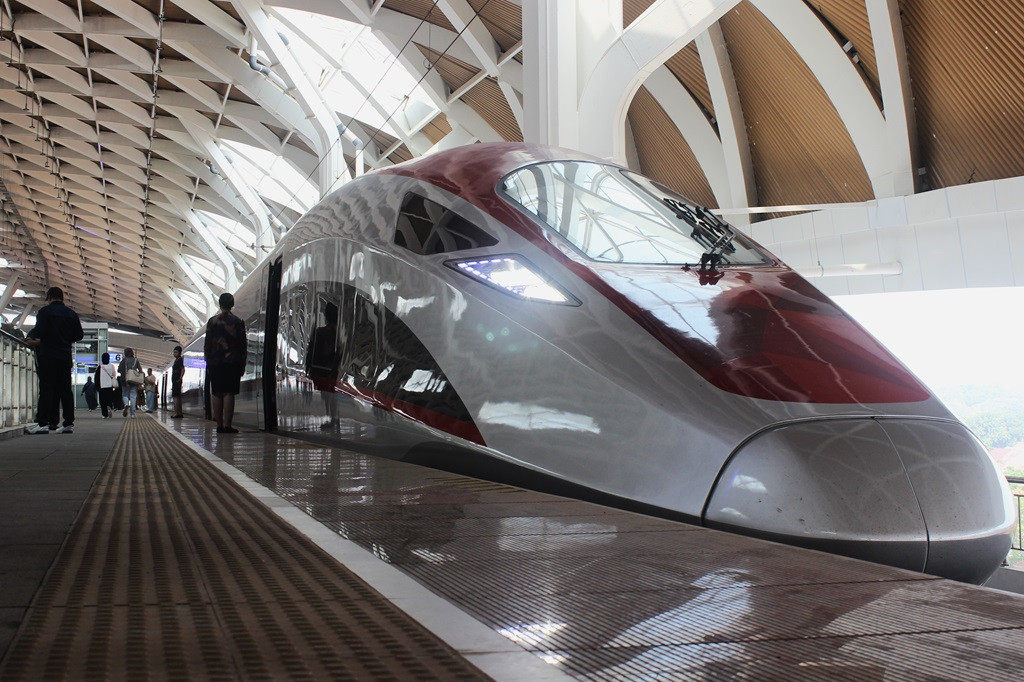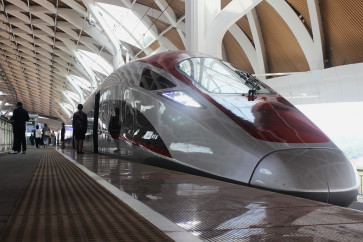Popular Reads
Top Results
Can't find what you're looking for?
View all search resultsPopular Reads
Top Results
Can't find what you're looking for?
View all search resultsHow BRI can give impetus to development in Indonesia
The BRI projects support Indonesia in realizing transformation, in which infrastructure development is the primary condition.
Change text size
Gift Premium Articles
to Anyone
T
he 10th anniversary of the Belt and Road Initiative (BRI) was commemorated amid rising geopolitical tensions. Despite the immense challenges ahead, the BRI has passed its first decade vigorously and looks to continue to move forward and fly with ambitious global efforts on an unprecedented scale.
Malicious labels such as “debt trap” have failed to hamper the rapid pace of progress of the initiative. The unrelenting vilification of the initiative has hardly slowed the BRI progress in infrastructure development.
Instead, many countries, developing and underdeveloped, have gained huge benefits, either pragmatic or long-term, from their involvement in the BRI platform. As of June 2023, China had signed more than 200 agreements with 152 countries and 32 international organizations, including 10 member states of ASEAN, under the “Belt and Road framework”.
Indonesia joined the BRI at its inception in 2017 and has greatly benefited from the joint construction of the BRI. The positive results of economic and trade cooperation between the two countries have given Indonesia confidence that China is an opportunity rather than a risk.
Under the framework of the BRI, a number of infrastructure projects have been realized together by Chinese and Indonesian companies. The cooperation has transformed Indonesia’s traditional industries into modern ones and increased national and regional revenues.
The operation of nickel smelters led by Chinese companies, for example, contributed US$1.12 trillion in tax revenue to Indonesia in 2022. This huge amount was the first tax revenue obtained by the Indonesian government from its downstream projects in the mining sector.
In addition to tax revenues, the nickel downstream projects have created jobs for local people, hence supporting Indonesia’s economic development.



















